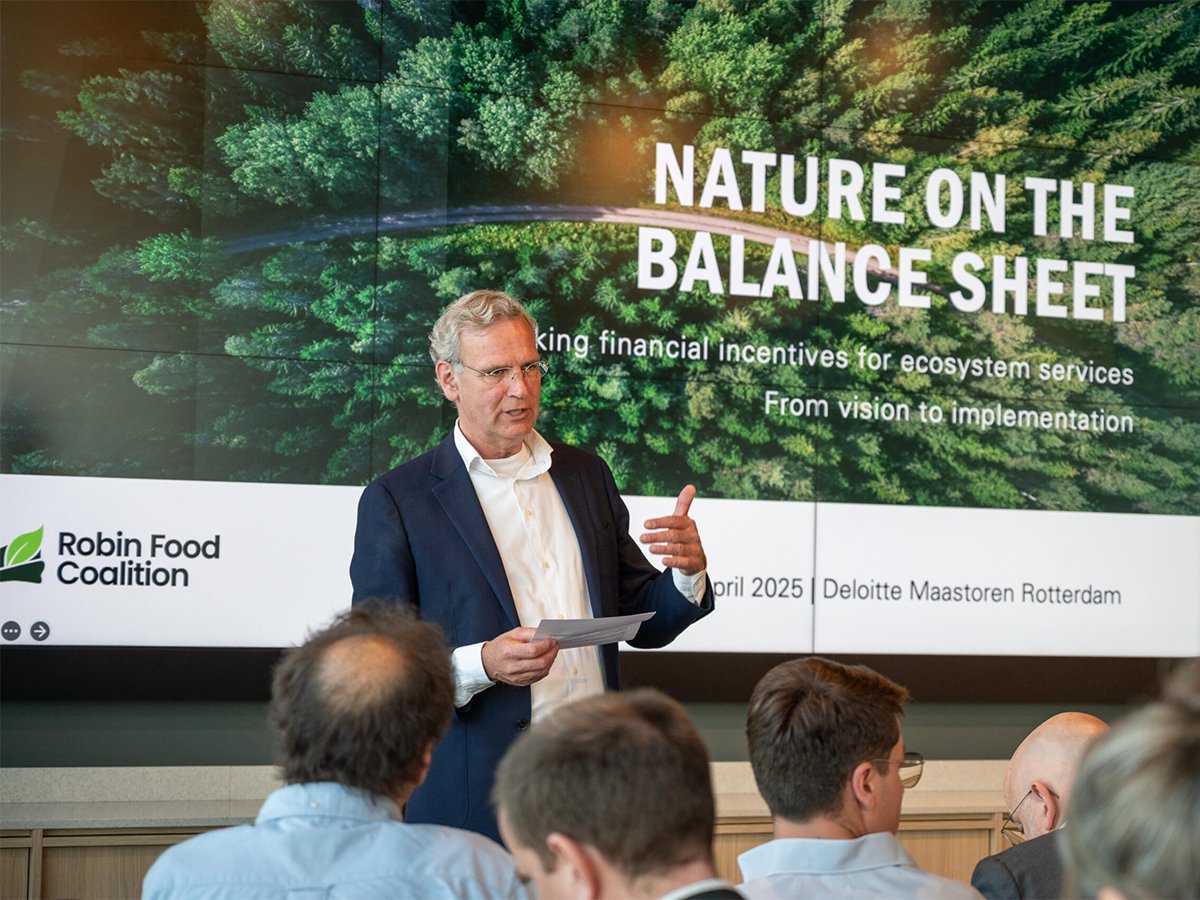A regional director for the National Farmers Union has launched another attack against the Manitoba government’s plan to use wheat to expand the province’s ethanol industry.
On March 9, Ken Sigurdson, NFU region 5 co-ordinator, charged that the province relies on a faulty analysis when concluding that ethanol can be made efficiently from wheat.
Sigurdson, a producer from Swan River, Man., suggested the province’s promotion of ethanol is based more on “hype and spin” than fact.
However, a provincial official replied that the province’s views are based on sound information and suggested Sigurdson is the one who has failed to get his facts straight.
Read Also

Activist urges new way to measure profitability
Organic activist praises Mark Carney for spearheading the Task Force on Climate-related Financial Disclosures.
“Dozens of studies all over the world show a positive energy balance from producing energy out of grain,” said Shaun Loney, director of energy policy with Manitoba’s energy department.
“Ethanol is very positive for farmers and that’s why Manitoba farmers support it.”
In a News release
news, Sigurdson said the province needs to look more closely at the data in a wheat ethanol report prepared by a consulting firm for Natural Resources Canada. He said that report, used by the province to validate its ethanol initiative, is flawed because it underestimates the inputs needed to grow wheat in Manitoba while overestimating potential yields of Canadian Prairie Spring wheat.
He argued that the study greatly underestimated the fuel, chemical and fertilizer needed to grow wheat in Manitoba while failing to consider other factors, such as the energy that ethanol plants would need for pollution control or waste water treatment.
“All these reduced inputs and omissions make the results look positive in ethanol production,” Sigurdson said. “The Manitoba government should stop promoting ethanol on hype and spin.”
Loney said the consultant’s report is a close reflection of the inputs needed to grow wheat in Manitoba and the average CPS yields recorded by the Canadian Wheat Board during a 10-year period that ended in 1998. If anything, he said, the report underestimates the positive energy balance.
He said modern ethanol plants do not have waste water and are much more efficient at pollution control than Sigurdson’s outdated information would suggest.
“(The NFU) cites a study supported by a single researcher, which is notorious for using outdated data from outdated production techniques,” said a paper from Loney’s office.
Meanwhile, Manitoba’s general farm group continues to support an expansion of ethanol production in Manitoba, since it would broaden the domestic market for wheat. Weldon Newton, president of Keystone Agricultural Producers, said he would rather see wheat used than subsidized U.S. corn.
However, he said more plant breeding is needed in the region to develop higher yielding wheat more suited for ethanol production.














